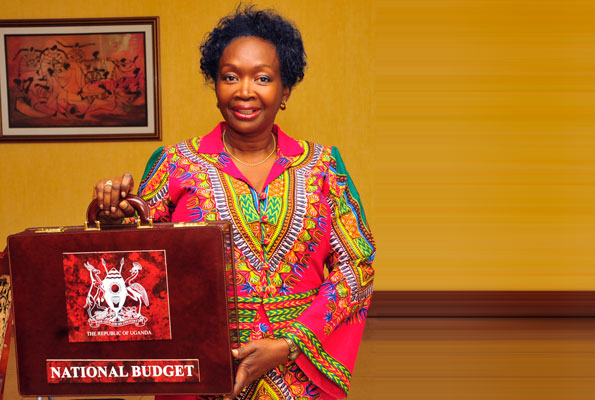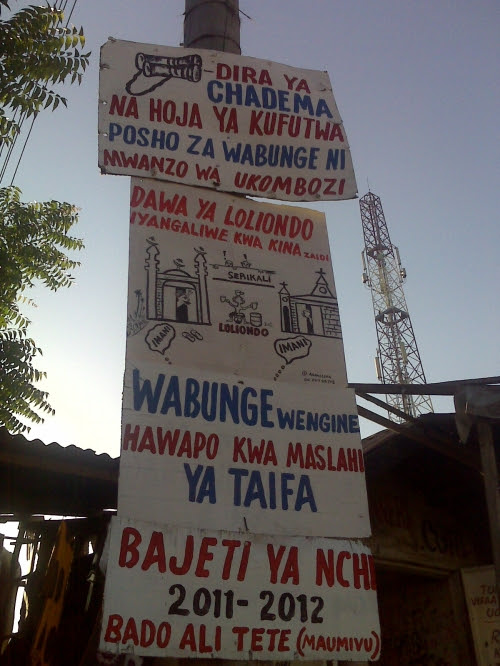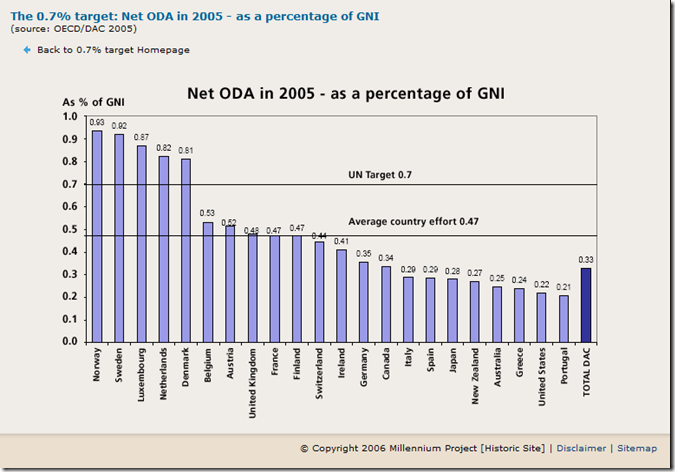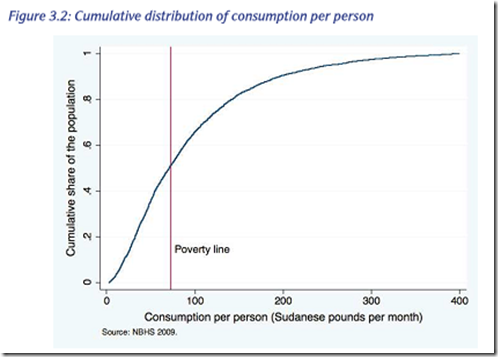This is a guest post from Ben French (a policy adviser formerly based in Juba)
Following two short recent visits to Myanmar where I was looking at the Public Financial Management (PFM) and Planning aspects of Myanmar’s reforms, I kept encountering the same question: How to balance coordination between donors with the need for a rapid and flexible response to reform?
The PFM reform programme in Myanmar has strong government leadership and appears to be off to a good start. In line with best international practice, development partners, under the leadership of the World Bank, have taken the initiative to coordinate amongst themselves. This has been followed by the establishment of a donor-government PFM working group. Almost all donors interested in the sector have aligned behind this which is very much to the credit of both the government and the World Bank. The working group has been the locus for coordination of PFM activities with the recent PEFA (Public Expenditure and Financial Accountability Review) and the PER (Public Expenditure Review) to show for it. This coordination sets an impressive and important precedent for government leadership and donor cooperation in PFM. Moreover, it shows that the international community has been learning from experience and is prioritising planning and coordination (as discussed in this report by ODI).
At the same time, Myanmar is changing rapidly and has only 24 months to deliver on its reform agenda before the election period takes hold in the run up to 2015. Within this period there is a need to embed the government’s reform process into its day-to-day functioning, in order to limit backsliding and to strengthen the hand of reformers. Given this, a more immediate, direct and flexible package of support is essential and critical in direct contrast to a more measured approach focused on laying the foundation for future work through planning and studies.
As an observer looking in, there is considerable tension between the ongoing planning and coordination for future larger scale programming, and the immediate support needed by the government in order to prepare the ground. I wonder how to strike a balance between coordination and planning and a rapid, flexible response? Is it a zero-sum game between the two? A balance is clearly called for as running in too quickly without a coordinated, joint government-donor plan leads to poorly sequenced, uncoordinated reforms that are poorly understood at the national level. However, if those reforms aren’t supported right now they could die on the vine before any of the future planning gets a chance to take root.
In the context of Myanmar, and other countries with both immediate and longer term PFM needs (usually conflict-affected, post-conflict, fragile states as well as countries in political transition) it seems that the government and donors can become stuck in a cycle of ‘planning to plan’ at the expense of delivering a quick, flexible programme of support. Granted, immediate support will not resolve all issues but they do ‘soften the ground’ for the long term and are complimentary to that long term planning.
Obviously, context and circumstance are essential for determining the balance between the two. However, the balance must be considered and there are a number of ideas worth considering.
First, delivering quickly and rapidly builds trust between partners which is important in and of itself but is also critical for the success of any cooperation long term. The concept of building trust through short term support that supports basic skills and processes within government demonstrably achieves the objective of building relationships between various stakeholders - and not just at the senior policy level but down in the trenches where support for long term programmes is most critical. In other words, keep it simple stupid. Provide focused training and support to the current reform process with the aim of making the government an intelligent customer which is able to determine what it needs and wants from the range of options it will be presented.
Second, recognise that even if short-term support is limited it can be clearly and easily linked to future programme development and planning. Rapid implementation should not be allowed to evolve into full implementation but it can, and should, provide useful experience and information to inform the long-term full implementation. In practice this will mean that flexible, upfront, support will need to focus on basic training, simple implementation and refinements to systems and process (see some other interesting work from ODI here, and here).
This balancing act is starting to take place in Myanmar with the EU and JICA placing technical advisors in the Ministry of Planning who will build government capacity and understanding on how to effectively coordinate and engage with other government agencies and development partners across a range of sectors (health, education, electricity, etc.). This short-term approach will be implemented prior to and whilst a longer term plan takes shape, both meeting the government’s need for reform support and allowing the development partners to demonstrate rapid success.
And finally, a warning. Any short term, flexible support should be designed in such a way that it co-opts as many stakeholders as possible Short-term support parachuted in, acting in isolation, and with no tie to long-term goals undermines the balancing act. At minimum this should mean that the short term support is part of the coordination process and reports to all the actors involved in coordination. Various World Bank and regional development bank trust funds do this reasonably well when there are funds available.
These general observations should, by no means, detract from the on-going successes in coordination in countries such as Myanmar especially as these pockets of coordination are islands of sanity in a larger and more complex donor environment. Instead, this coordination should be fostered, incorporating both quick short-term support as well as long-term planning and research. Both are critical to confidence building between stakeholders, success of current reforms and PFM in the future. Finding, and striking, the right balance between planning and flexible support through good coordination is essential to long term positive outcomes.






